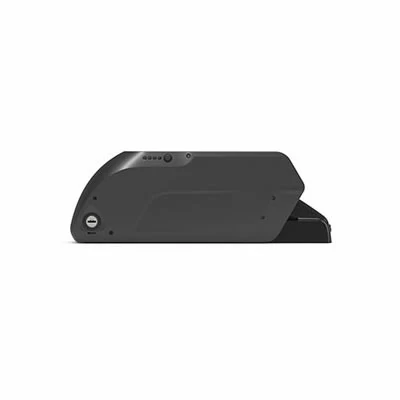Switzerland's relevant laws and regulations on electric bicycles
2025-06-19
Switzerland's management of electric bicycles is centered on technical standards, balancing safety and environmental protection. Users need to ensure that the vehicle meets the requirements of 250 watts of power and a speed limit of 25 kilometers per hour.
The following are the relevant laws and regulations in Switzerland regarding electric bicycles:
1、 Definition and Technical Standards of Electric Bicycles
Swiss law defines an electric bicycle as "a vehicle equipped with pedals, with a maximum output power not exceeding 250 watts, and with motor assistance automatically cutting off after reaching a speed of 25 kilometers per hour". This standard is fully consistent with the EU, and vehicles beyond this range (such as those without pedals or with higher power) will be classified as light motorcycles and must comply with motorcycle regulations (such as registration, insurance, driver's license testing, etc.).
Key technical requirements
- Motor power: The rated power is strictly limited to 250 watts, and it is prohibited to improve performance by modifying the circuit or adapting the battery.
- Speed limit: The motor must stop assisting after reaching a speed of 25 kilometers per hour and only retain the electric power assist function.
- Design requirements: It must be equipped with a foot pedal, have manual riding function, and the body must pass safety tests such as electromagnetic compatibility and waterproofing (IPX4 standard).
2、 Usage rules and driving permissions
- Road traffic rules
- Dedicated lane: prioritize driving in the bicycle lane, and drive to the right when there is no bicycle lane.
- Mixed roads: When driving on borrowed or mixed roads, the speed limit shall not exceed 15 kilometers per hour.
- Prohibited areas: Entry into motor vehicle lanes such as highways and urban expressways is prohibited.
- Regulations on manned transportation
- Adults can carry a child under 12 years old in a fixed rear seat, but must ensure that the child safety seat meets the standards.
- Parking management
- It must be parked in designated non motorized vehicle parking areas, and it is prohibited to block passages, fire exits, or affect the urban environment. Violators may face a fine of 20-50 Swiss francs.
3、 Safety Equipment and Code of Conduct
- Helmet requirements
- Although Switzerland does not have a mandatory legal requirement for wearing helmets, it strongly recommends wearing them while cycling. It is worth noting that the "invisible helmet" invented by Switzerland (a scarf style protective device with built-in airbags) has passed the EU safety certification, providing innovative safety options.
- Lighting and visibility
- At night or in low visibility conditions (such as rain, snow, fog), the front and rear lights must be turned on to ensure vehicle visibility.
- Code of conduct
- Follow traffic signals, slow down and signal before turning, and slow down or stop to give way when passing pedestrian crossings.
- Do not tow animals, drag cargo devices, or ride with both hands off the handlebars.
- When crossing the motor vehicle lane on a road section, it is necessary to get off and push through the pedestrian crossing or crossing facilities.
4、 Violation penalties and legal responsibilities
- Punishment for technical violations
- Modifying motors, batteries, or removing speed limit devices is illegal and may result in fines or even vehicle detention.
- If the battery voltage exceeds 48V or non factory certified batteries are used, a maximum fine of 30000 Swiss francs may be imposed.
- Punishment for driving violations
- Warning or a fine of 10-50 Swiss francs will be imposed for behaviors such as going against the traffic, speeding, and running red lights.
- Those who refuse to accept fines may have their vehicles detained by the traffic management department of the public security organs.
- Punishment for parking violations
- Those who park vehicles in prohibited areas shall be ordered to make corrections and fined 20-50 Swiss francs.
5、 Special scenarios and regional differences
- Shared electric bicycles
- Regular bicycle rules must be followed, and users must be at least 16 years old. Some platforms require scanning their driver's license or credit card for age verification.
- Differences in Federal and State Regulations
- Switzerland is a federal country, and there may be slight differences in the management of electric bicycles among different states. For example, the Canton of Zurich requires electric bicycles to purchase third-party liability insurance, while the Canton of Geneva allows the use of electric bicycles on certain park roads.
Recommended matching batteries for popular Swiss electric bicycles:
LN-DS-6C Ebike Battery 36V/48V 13Ah 15.6Ah 17.5Ah 18650Cell For 750W-1000W Motor

